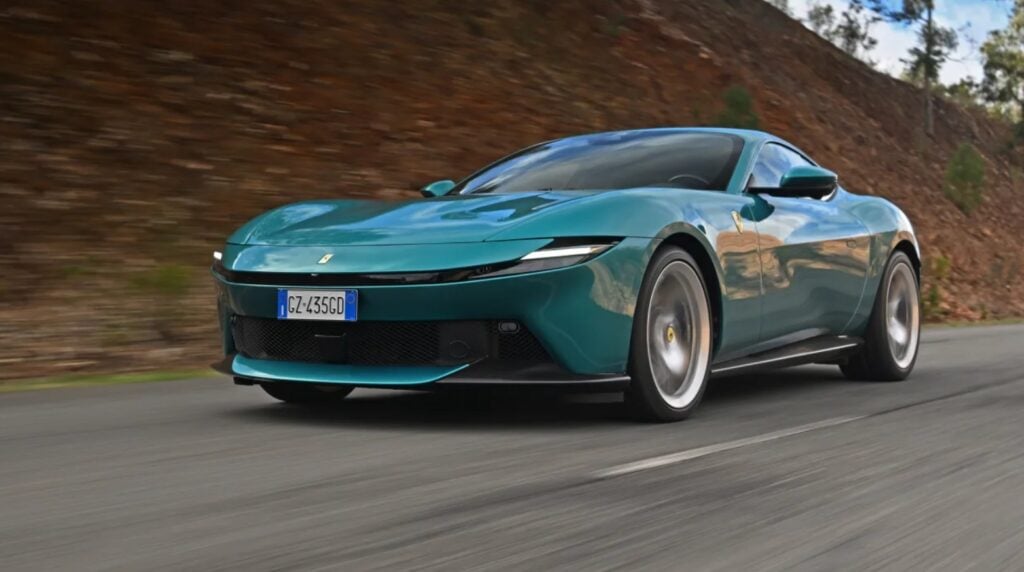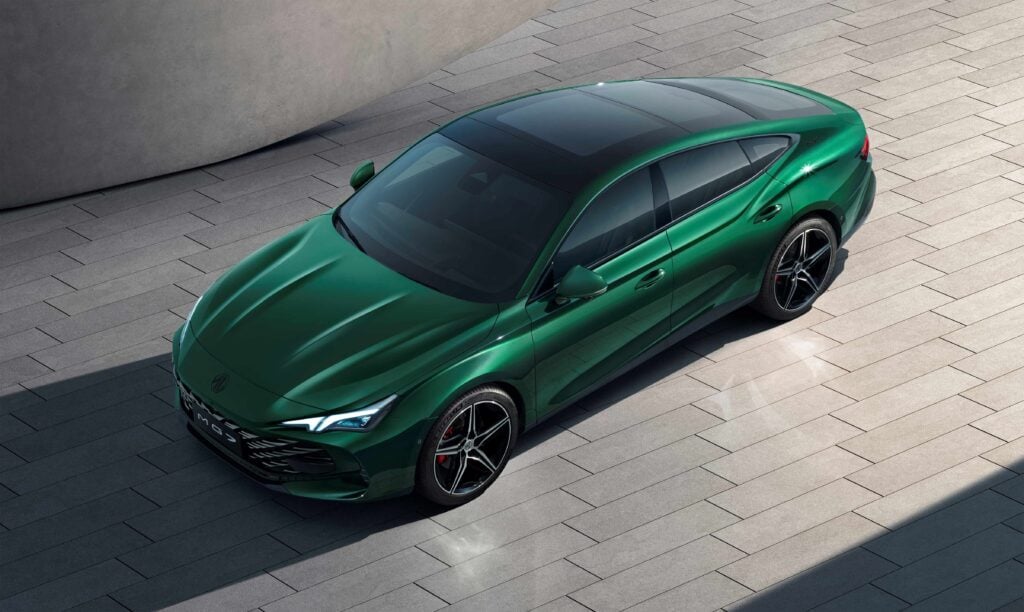
Snapshot
- Luxury Car Tax has been at 33 per cent since 2008
- LCT has remained in place despite Australian manufacturing wrapping up in 2017
- $700 million windfall from LCT could disappear for the Government
An “inefficient” tax on imported cars could be phased out if the Federal Government agrees to it as part of a trade deal with the UK.
In the last few days, the UK has put an offer on the table to Australia which could see both countries phase out taxes on imports – including cars – over the next 15 years.
If Australia accepts the offer, which was made to Minister for Trade, Tourism and Investment, Dan Tehan, on Friday as part of a bid by the UK to secure as many trade deals as possible post-Brexit, it could see the controversial Luxury Car Tax (LCT) eventually being scrapped.
The two countries are said to be working towards a June deadline for a deal to be in place, with UK ministers keen to strike before the country hosts the G7 summit next month.
Mr Tehan said he was “confident” of reaching an agreement with the UK by early June, having had “very positive discussions”, reports news.com.au.
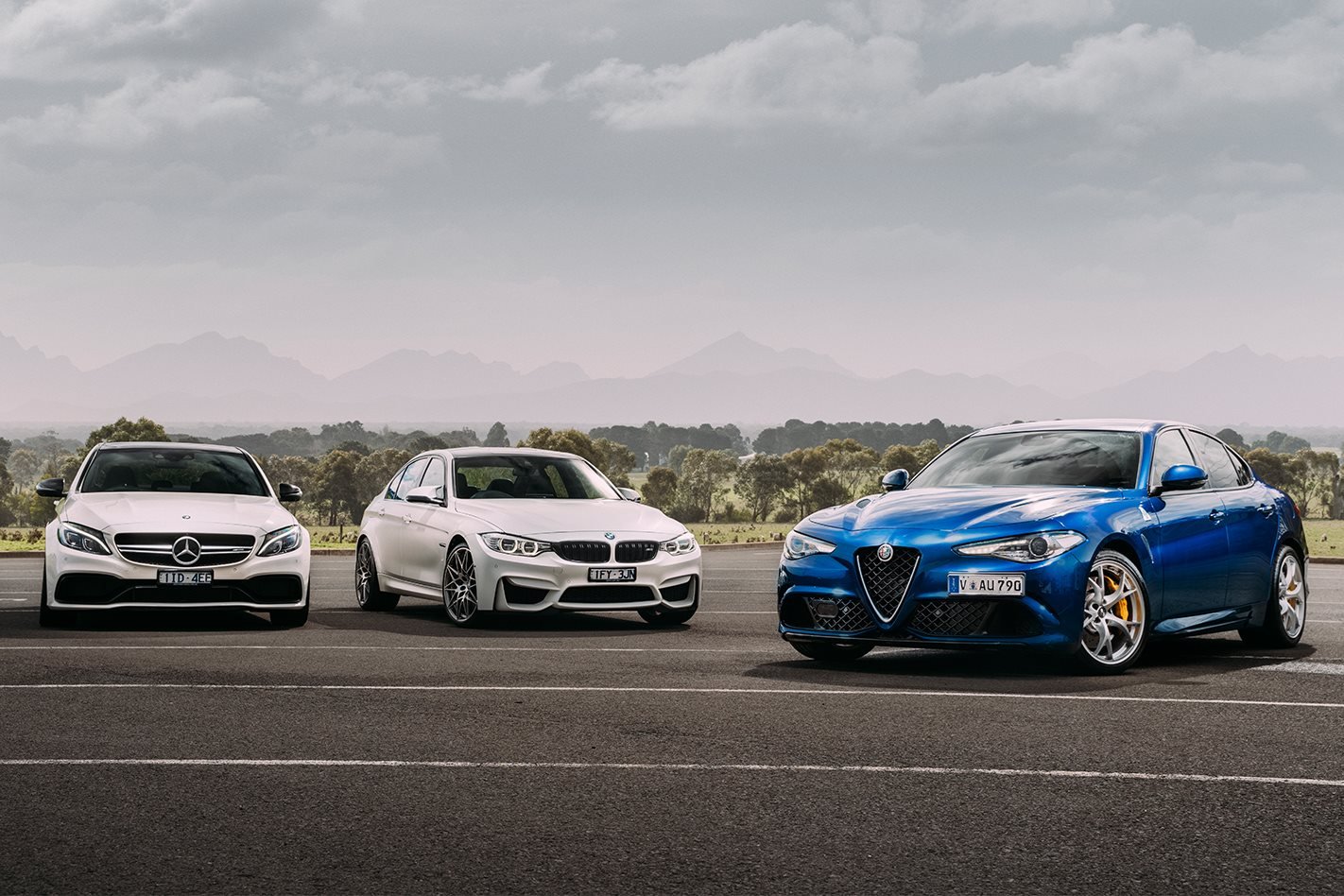
A spokesman for the Department of Foreign Affairs and Trade (DFAT) told WhichCar that “generally” the LCT falls outside of the scope of a free trade agreement, however, they did not rule out any changes to the tax may be possible in future.
“Minister Tehan is meeting every week with his UK counterpart, Secretary of State for International Trade Liz Truss, to continue negotiations in a sprint to have an in-principle agreement by the end of June,” the DFAT spokesman said.
“The Government has been consistent throughout this process that it doesn’t comment on the details of the negotiations,” they added.
In 2019-20, trade in goods and services between Australia and the UK was valued at $36.7billion, with Australia’s main UK imports being cars, medicines and alcoholic drinks.
The full terms of the deal are yet to be fleshed out by both sides, but the Australian Government first needs to reassure the British National Farming Union that it won’t flood the market with Aussie meat if the agreement goes through, according to the BBC.
Though a free trade agreement doesn’t guarantee the LCT would be dissolved, it makes sense. However it would mean UK importers such as Jaguar, Land Rover and Mini could become exempt while their German, French and Japanese competitors would continue to be taxed at 33 per cent above the threshold, creating an unlevel playing field.
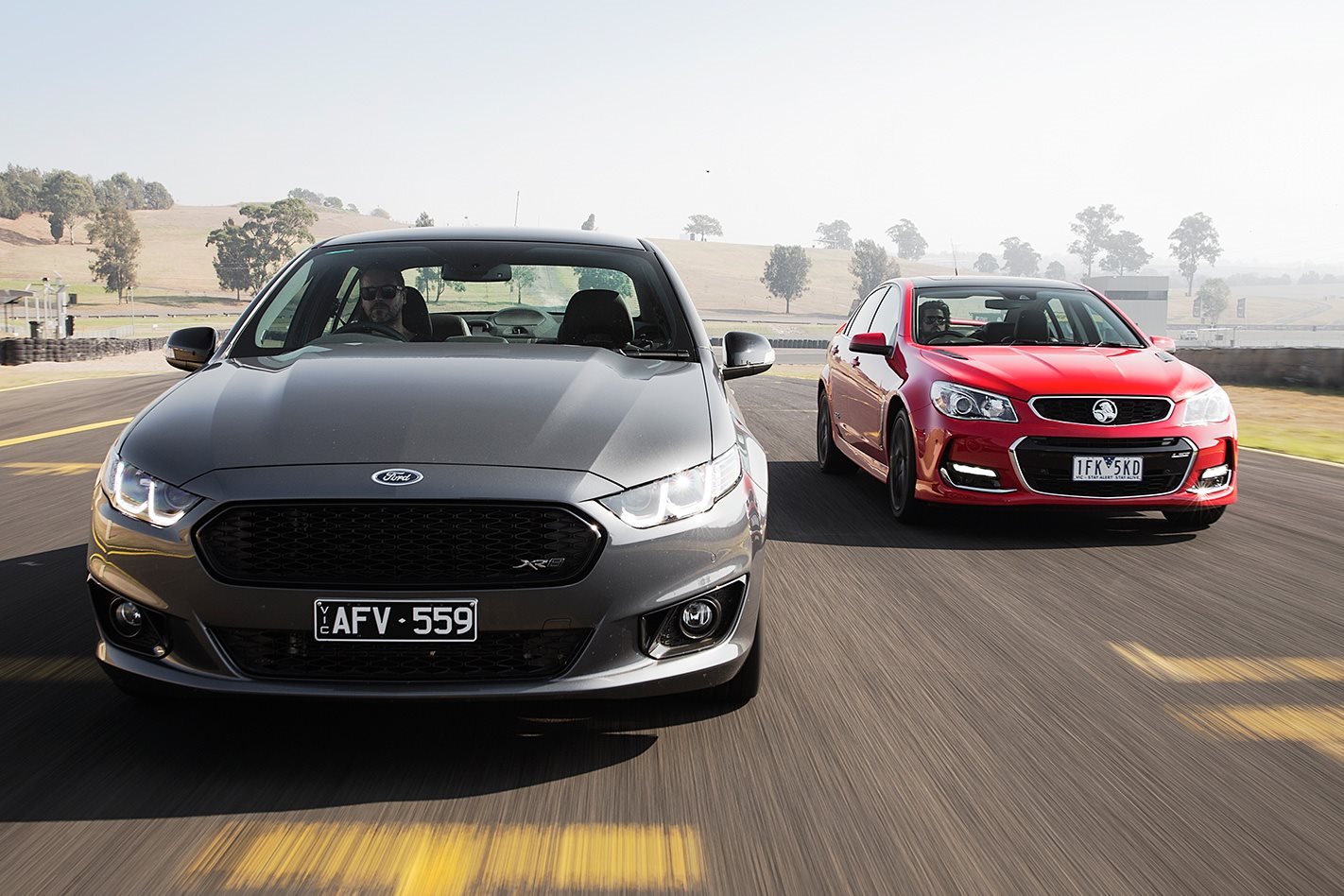
Introduced by the Howard Government in 2001, the LCT was designed to protect the local motoring industry by placing a 25 per cent tax on imported cars worth up to $55,134, essentially hitting the competitors to the Ford Fairlane and Holden Statesman.
The LCT was increased in 2008 to 33 per cent, currently standing at a threshold of $68,740, though cars with an economy of 7L/100km or better have a higher threshold of $77,565 – making the idea of purchasing an electric vehicle completely unaffordable for most Australians, which in turn affects Australia’s EV uptake.
Furthermore, since Holden ceased production in 2017, being the last manufacturer to build cars on Australian soil, there have been growing calls from industry bodies like the Australian Automotive Association (AAA), Australian Automotive Dealer Association (AADA) and Federal Chamber of Automotive Industries (FCAI) to axe the LCT as it was designed to protect an industry which no longer exists.
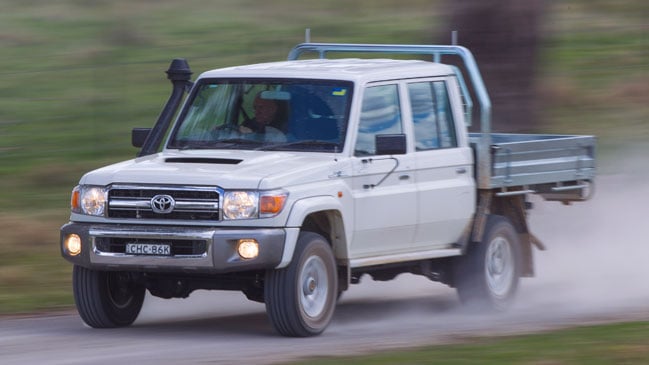
FCAI’s Director of Innovation and Strategic Engagement, Peter Griffin, said the LCT puts a tax on safety and improving environmental outcomes through emissions, pricing consumers out of a majority of the electric car market.
“[The] Luxury Car Tax is a tax on technology,” Mr Griffin said.
“Technology in the automotive industry improves safety and environmental outcomes. It remains an inefficient tax and we would want to see it removed.”
At the start of 2020 the Federal Government introduced a refund scheme for primary producers, offering up to $10,000 back on the purchase of any vehicle above the threshold purchased before July 1, 2019.
But despite pressure from the motoring industry, Treasurer Josh Frydenberg stated in a 2020 interview with the Australian Financial Review the LCT wouldn’t be scrapped until the budget could afford it.
“When it comes to the Luxury Car Tax, we have no plans to remove that, but I would never say never,” he said.
“We’ve always got to maintain a strong budgetary position. We’ve got a series of taxes we’d like to remove, but we’re committed to keeping the nation’s balance sheet strong.”
Though this year’s Federal Budget was stronger than expected thanks to the country’s response to the COVID-19 pandemic, an abolishment of the LCT may still be some time off given its large contribution to the economy. At present, the tax nets the Federal Government around $700 million per year.



